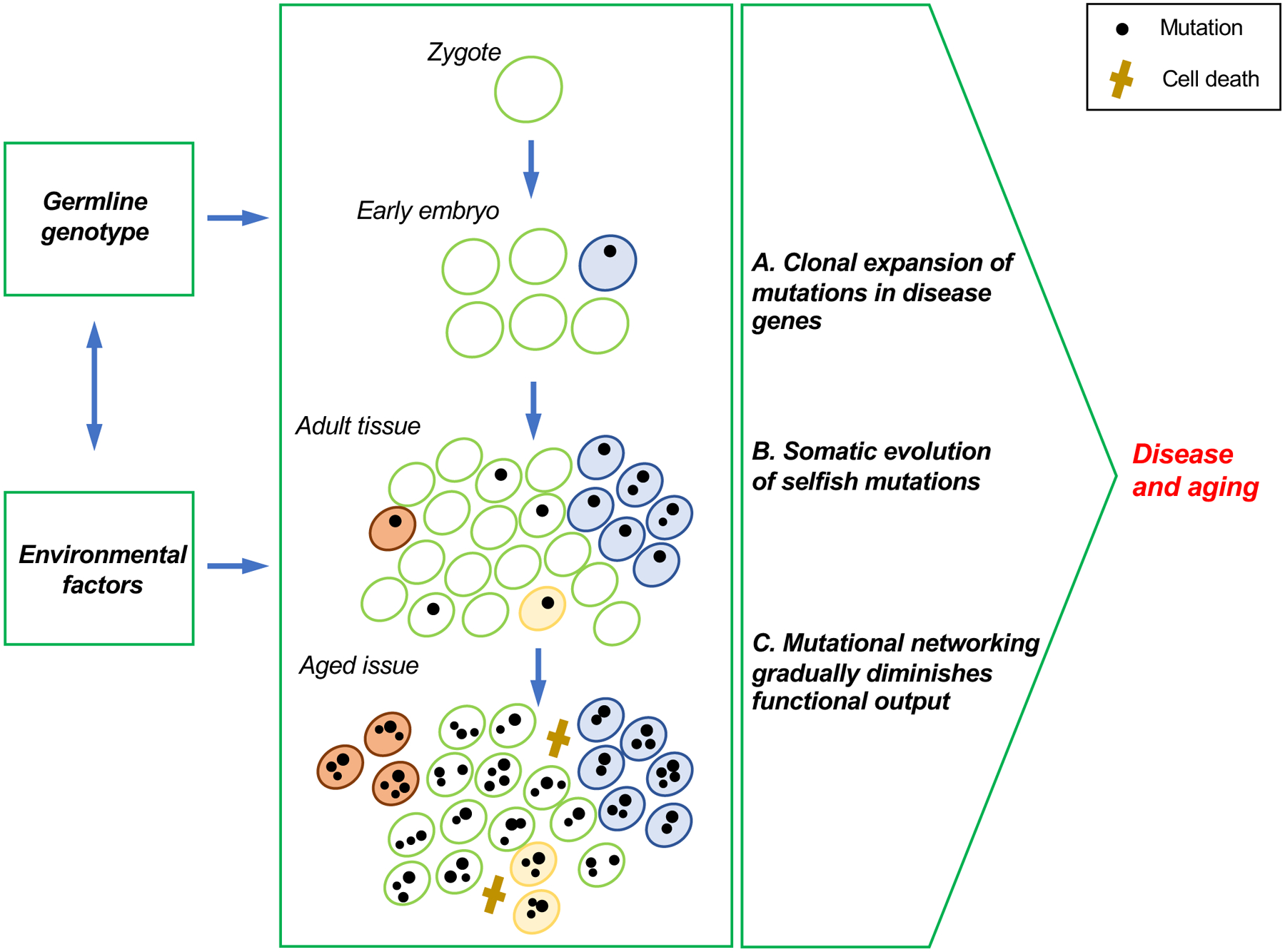Fig. 2. Pathogenic mechanisms of somatic genome mosaicism.

De novo mutations occur and accumulate at all stages during the lifespan of an organism. (A) Mutations that occur early in development are likely to expand clonally, resulting in substantial proportions of cells in a tissue carrying the same mutation, even in the absence of selection. When such mutations disrupt genes associated with Mendelian diseases, their adverse effects may be similar to that of the germline mutations, depending on the proportion of cells affected by the mosaicism. (B) Cells in adult tissues that acquire de novo mutations may clonally expand in a process called somatic evolution. Such selfish mutations can form substantial clonal lineages, which may cause cancer and other age-related diseases that involve loss of proliferative homeostasis, such as atherosclerosis. (C) In each cell, mutations accumulate across its genome, including in those sequences that participate in functional networks. This may result in transcriptional noise, which in turn are likely to affect the signaling networks that are critical for maintaining organismal homeostasis.
